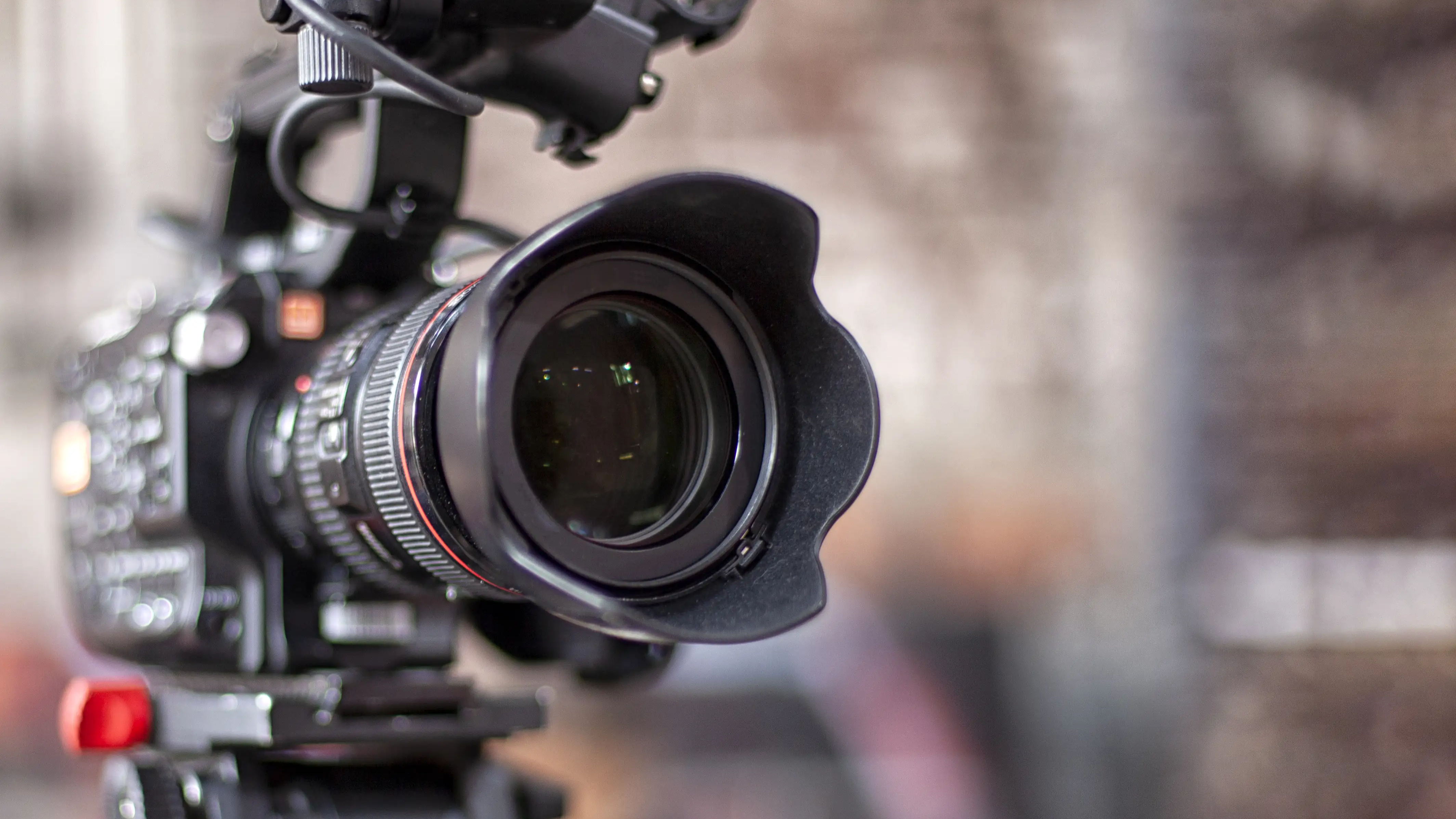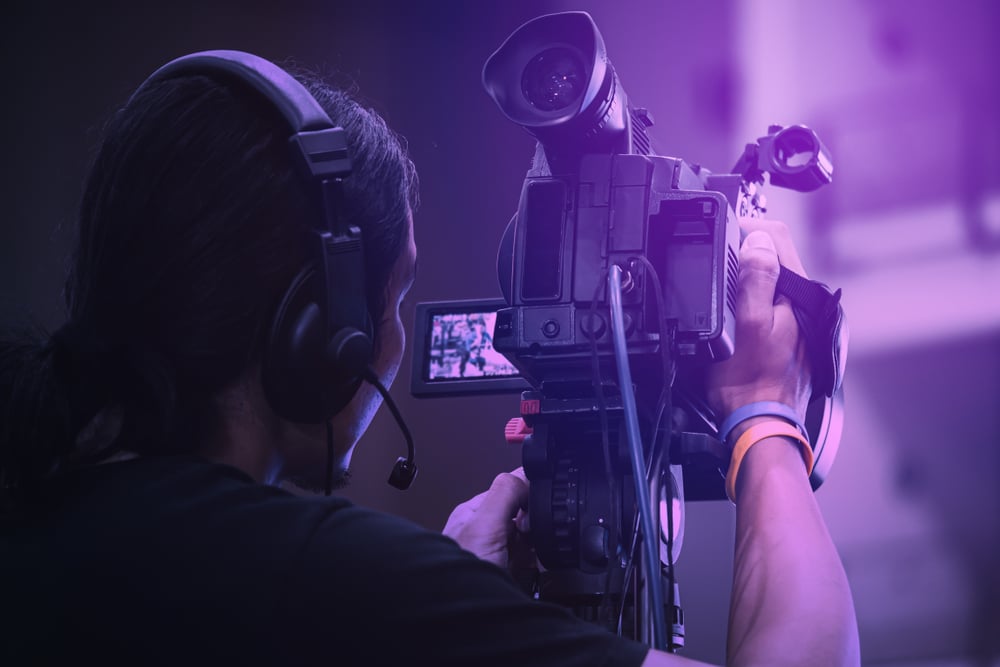The Importance of Lawful Video Clip Depositions in Modern Legal Solutions: What You Should Know
Legal video clip depositions have actually become necessary in today's legal landscape. They give a multidimensional view of witness testaments that standard records merely can not match. By capturing both verbal and non-verbal interaction, these depositions enhance the general understanding of a witness's integrity. The performance of video depositions hinges on numerous variables, consisting of compliance with lawful criteria and ideal methods. Discovering these aspects discloses their true significance in modern-day legal services
What Are Lawful Video Depositions?
Legal video depositions serve as an essential device in the litigation process. They involve tape-recording witness statements in a video style, catching both verbal and non-verbal communication. This technique allows lawyers to document the attitude, expressions, and reactions of witnesses, giving a richer context for the testament. Typically conducted in a regulated setting, these depositions are led by lawyers that ask questions while a stenotype reporter documents the dialogue. The resulting video can be important for test preparation, as it makes it possible for legal representatives to analyze the reliability of witnesses and refine their strategies. Additionally, legal video clip depositions can be used in numerous lawful contexts, varying from civil disagreements to criminal situations. The visual and auditory elements of video clip depositions boost the discussion of proof, making it a necessary element in the modern legal landscape. On the whole, they contribute significantly to the performance and efficiency of lawful proceedings.

Benefits of Video Depositions Over Typical Methods
Video depositions supply various advantages contrasted to traditional methods of taking witness statements. One considerable advantage is the capability to record both aesthetic and audio aspects, supplying a more detailed record of the witness's statements. This twin format enhances quality and allows attorneys to reference details subtleties during test preparation. In addition, video clip depositions promote remote involvement, making it less complicated for witnesses that might be unavailable for in-person looks as a result of geographical restrictions or health issues.Moreover, video depositions can speed up the total deposition process, lowering the time and expenses connected with travel and logistics. They additionally improve accessibility, as videotaped depositions can be easily shared among legal teams and referenced at any moment. This convenience adds to much better situation management and preparation. On the whole, video depositions represent a modern, reliable approach to collecting witness testaments, lining up with the advancing demands of the lawful occupation.
The Function of Body Movement and Tone in Testimonies

In lawful video depositions, body language and tone play essential roles in conveying a witness's trustworthiness and dependability. Nonverbal cues can supply understandings into a witness's mood, affecting how their testament is viewed. Understanding the influence of these components is crucial for jurors and lawyers alike when examining the integrity of a testament.
Nonverbal Interaction Insights
While spoken communication is usually stressed in lawful testimonies, nonverbal cues such as body language and tone play an important function in conveying credibility and feeling. Onlookers of depositions may note that a witness's posture, gestures, and faces can significantly influence assumptions of dependability. As an example, regular eye call may indicate self-confidence, while avoiding gaze can recommend deceit or discomfort. The tone of voice-- its pitch, volume, and speed-- can give feelings of genuineness or unpredictability. Attorneys have to be in harmony with these nonverbal signals, as they typically provide crucial context that complements spoken words. Comprehending these nuances can improve the effectiveness of depositions and influence the result of legal procedures.
Psychological Tone Influence
The psychological tone shared during lawful testaments greatly influences just how a witness is viewed. Body language, singing inflections, and faces play important functions in forming the narrative of a testimony. A witness exhibiting confidence with stable eye get in touch with and a tranquil tone can infuse a feeling of dependability and interaction. On the other hand, signs of stress and anxiety, such as fidgeting or an unsteady voice, might lead to skepticism concerning their account. The nuances of emotional expression can influence the analysis of facts, making it crucial for legal specialists to acknowledge these cues. In video clip depositions, the acoustic and aesthetic components combine, emphasizing the value of emotional tone in communicating genuineness and truthfulness within the legal process.
Reputation and Dependability
A vital consider establishing credibility and credibility throughout testimonies exists in the witness's body language and tone of voice. Observers commonly rely on non-verbal signs-- such as eye contact, stance, and motions-- to examine a witness's sincerity. A witness who preserves eye call and displays open body language might be perceived as more trusted and truthful than one that avoids eye get in touch with or shows up closed off. Furthermore, intonation plays a crucial role; a consistent, calm tone can strengthen the reputation of the testimony, while changes in pitch or volume might elevate doubts. Ultimately, the mix of body movement and singing tone considerably influences just how a witness's statements are gotten and translated in a legal context.
Best Practices for Performing Video Clip Depositions
Conducting video clip depositions needs careful preparation and implementation to ensure a clear and efficient discussion of statement. First, it is essential to pick a peaceful, well-lit location to lessen diversions and protected optimum video clip quality. The equipment ought to be checked beforehand, including cameras, microphones, and lighting, to prevent technological issues during the deposition.Next, celebrations entailed have to assess the style and procedures ahead of time, ensuring that everybody understands their functions. The deponent ought to be oriented on the process, including just how to react clearly and concisely.Additionally, maintaining a professional behavior throughout the session is crucial. This consists of avoiding talking over each other and validating that all questions are guided appropriately. It is essential to tape the deposition in a layout that permits for simple playback and testimonial, maintaining the honesty of the testament for future use.
Lawful Considerations and Conformity Issues
How do legal factors to consider and compliance problems influence the performance of video depositions? Legal specialists need to browse a complex landscape of laws, guaranteeing that video Visit Website clip depositions stick to administrative guidelines and criteria. Compliance with legislations concerning personal privacy, approval, and tape-recording techniques is necessary. As an example, getting explicit authorization from all events involved is required to avoid legal repercussions.Additionally, the admissibility of video proof in court can hinge on compliance with procedural requirements. Guaranteeing that the tools used fulfills technological criteria is likewise vital, as low quality can weaken the deposition's reliability.Moreover, attorneys need to recognize any details state legislations that control video clip depositions, as these can differ considerably. Failing to attend to these considerations can not just threaten the honesty of the deposition but likewise affect the total situation approach, ultimately impacting the customer's legal results.
How Video Depositions Impact Court Perception
While video depositions can function as powerful devices in legal proceedings, their influence on jury perception is significant. The auditory and aesthetic components of video clip recordings give jurors with an extra extensive understanding of witness attitude, credibility, and psychological feedbacks. This multimedia strategy can boost the jurors' capability to analyze the dependability of testimony contrasted to conventional text-based transcripts.Moreover, video clip depositions permit jurors to observe body language, intonation, and facial expressions, every one of which can affect their analysis of the witness's statements. The visibility of a witness on screen can humanize them, promoting empathy and connection, which might persuade jurors' opinions. Conversely, a witness who appears evasive or unreliable on video may lead to unfavorable perceptions that affect a jury's choice. Inevitably, the dynamic nature of video depositions plays a crucial role fit exactly how jurors interpret evidence and reach their verdicts.
The Future of Video Depositions in Legal Method
As innovations in modern technology remain to reshape the legal landscape, the future of video depositions is positioned for substantial advancement. Developments such as fabricated knowledge, digital reality, and enhanced video clip conferencing tools are expected to improve the deposition process and enhance ease of access. Legal specialists might make use of AI-driven analytics to analyze witness integrity and instance strength straight from the source more effectively.Moreover, the assimilation of online reality can permit courts to experience immersive simulations of depositions, giving deeper context and understanding. Additionally, the trend toward remote depositions is likely to linger, providing higher versatility for customers and lawyers alike.As remote work ends up being increasingly stabilized, video clip depositions will likely become conventional technique, decreasing prices and time restrictions related to conventional approaches. Overall, these technical advancements promise to boost the performance, effectiveness, and accessibility of video clip depositions in legal technique, eventually transforming exactly how attorneys plan for trial.
Often Asked Questions
Just How Much Do Legal Video Clip Depositions Generally Cost?

Can Video Depositions Be Utilized in Any Kind of Situation?
Video depositions can be used in different kinds of cases, including civil, criminal, and family legislation. Their flexibility permits lawyers to present witness testaments efficiently, adapting to the particular requirements of different legal situations.
What Tools Is Needed for a Video Clip Deposition?
To conduct a video clip deposition, vital tools consists of a premium electronic camera, microphone, lights, and a dependable recording gadget. Furthermore, a computer system with editing and enhancing software may be required for post-production and formatting the final video.
The length of time Does a Normal Video Clip Deposition Last?
A regular video clip deposition lasts in between 2 to 4 hours, relying on the intricacy of the instance and the variety of inquiries presented. Extensive sessions might happen, however breaks are normally integrated for participant comfort.

Are Video Clip Depositions Admissible in Court?
Video clip depositions are usually permissible in court, given they stick to lawful requirements and policies of evidence. Their use boosts quality and protects witness statement, helping in the judicial process throughout tests and hearings. Legal video depositions have actually come to be necessary in today's lawful landscape. Furthermore, legal video clip depositions Bonuses can be made use of in different legal contexts, varying from civil disagreements to criminal situations. Furthermore, video depositions promote remote involvement, making it simpler for witnesses who might be not available for in-person appearances due to geographical constraints or wellness issues.Moreover, video clip depositions can expedite the total deposition procedure, decreasing the time and costs linked with travel and logistics. Ensuring that the devices used fulfills technological standards is additionally essential, as poor high quality can undermine the deposition's reliability.Moreover, lawyers should be aware of any kind of particular state regulations that regulate video clip depositions, as these can vary substantially. Furthermore, the trend toward remote depositions is most likely to persist, supplying higher adaptability for attorneys and customers alike.As remote work comes to be increasingly stabilized, video clip depositions will likely end up being typical method, reducing expenses and time restraints connected with typical methods.